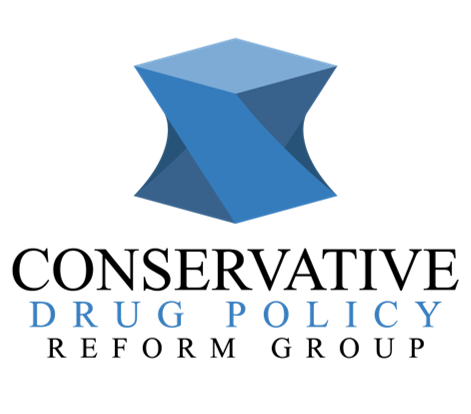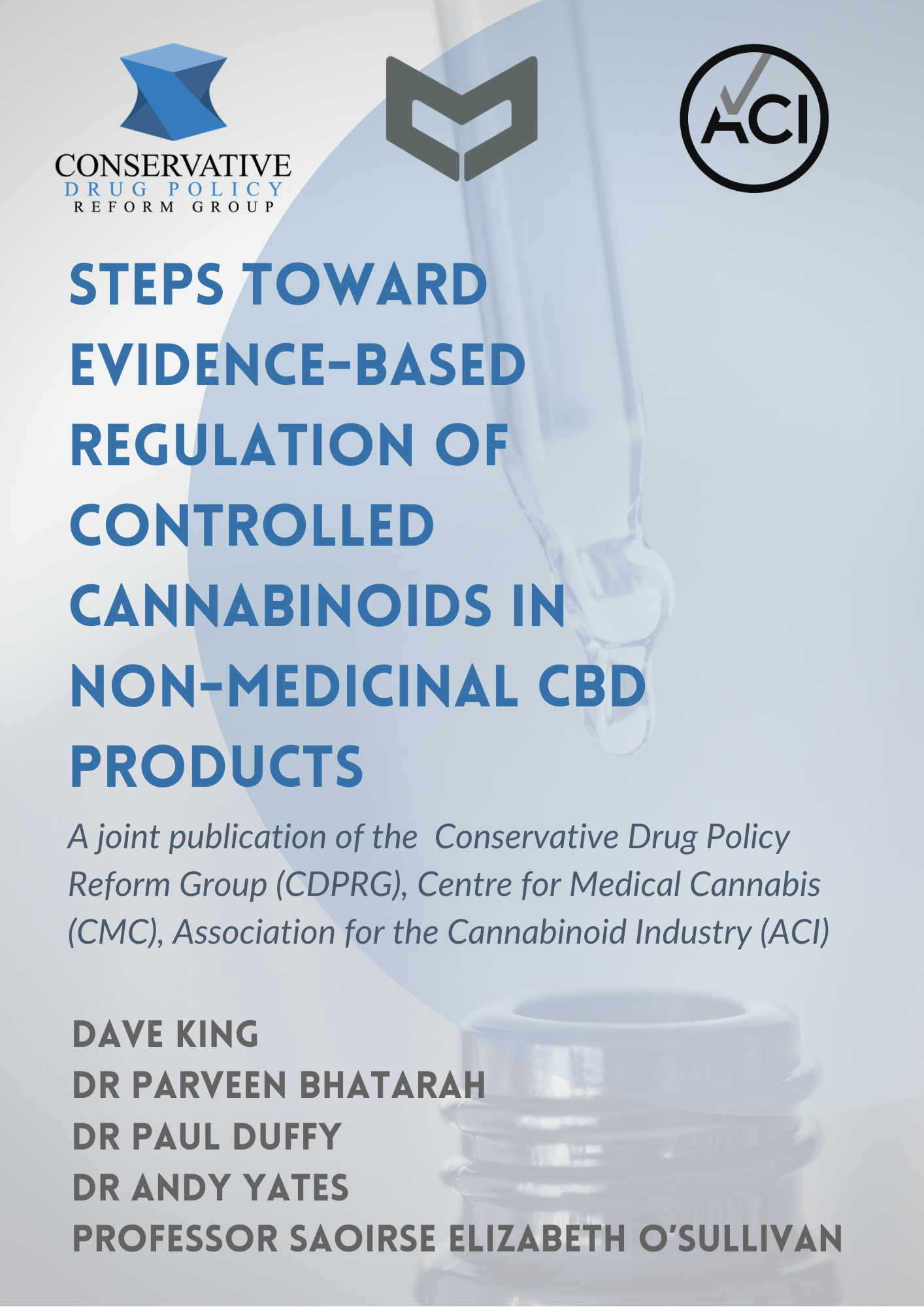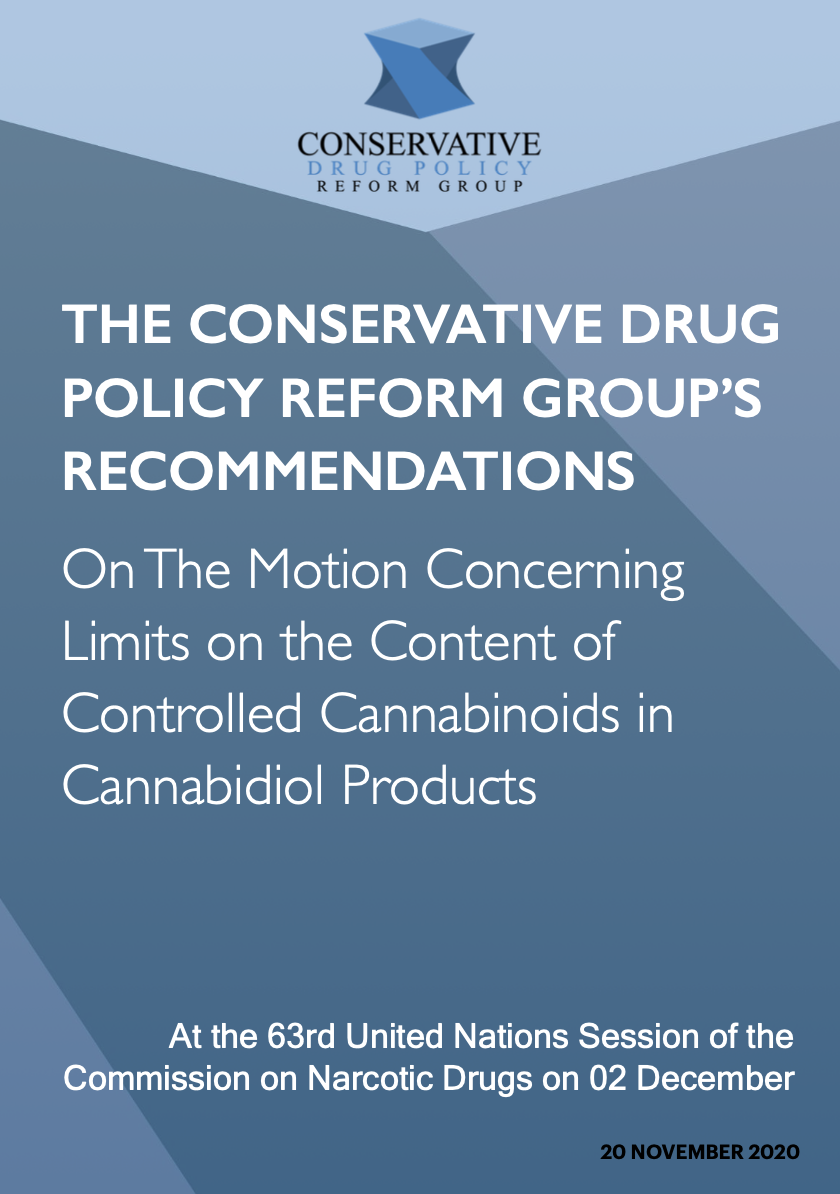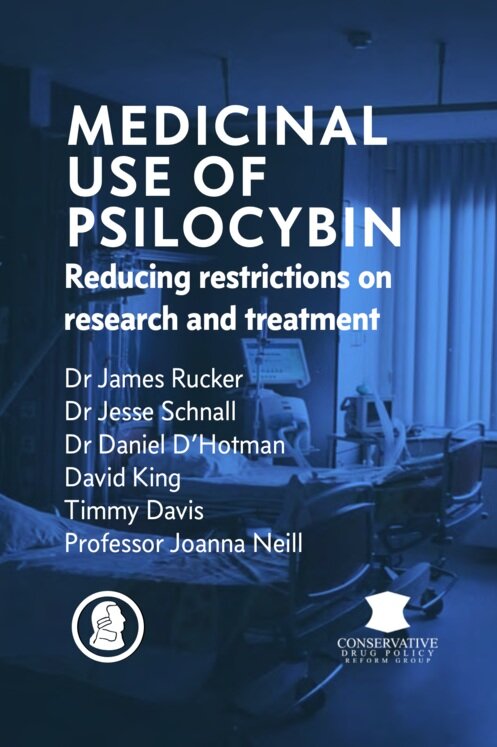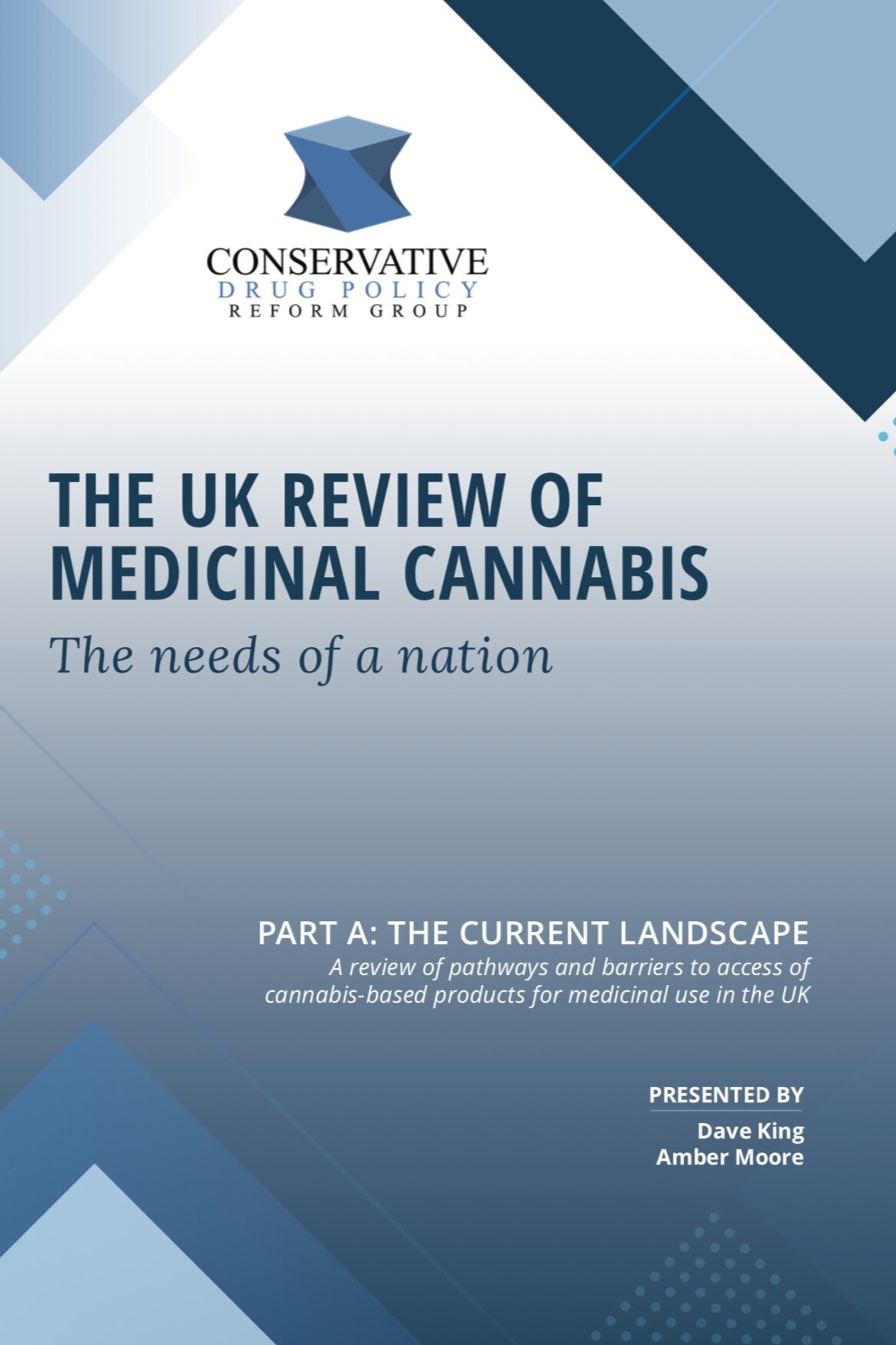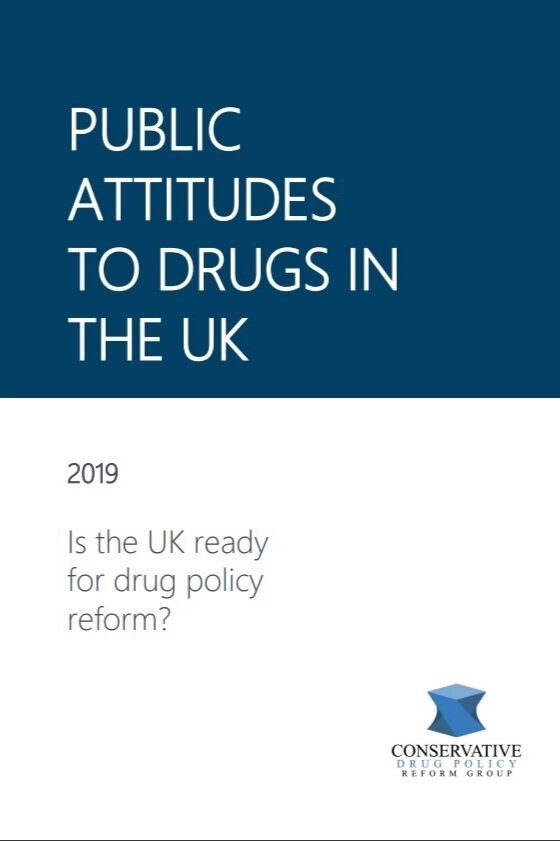We want UK drug policy to truly protect young people, deliver better health and social outcomes for families and communities, and reduce drug-related harms.
We believe evidence-based drug policy is the best way to achieve these goals.
Explore our key workstreams
Latest news
"Breaking the law pales in comparison to getting rid of the pain," 161 brave cluster headache sufferers tell UK Home Office, backed by three world-renowned psychiatrists.
The latest from the CDPRG’s Psilocybin Access Rights campaign: two open letters were sent on 22 February 2022 to ministers Sajid Javid (Department of Health and Social Care) and Kit Malthouse at the Home Office, demanding psilocybin be rescheduled to unlock its potential as a promising treatment for cluster headaches, which affect 1 in 1000 UK citizens, and for which no currently available treatments work to stop the pain.
Read the letter sent by Ainslie Course, Vice President of ClusterBusters UK
Read the letter sent by Prof. Allan Young (President of the British Association for Psychopharmacology), Prof. Karl Friston (Wellcome Centre for Human Neuroimaging), Prof Simon Weseley (Regius Professor of Psychiatry, Head of the Department of Psychological Medicine, King’s College, London)
Covered in The Guardian: “Demand grows for UK ministers to reclassify psilocybin for medical research” (08 March 2022).
17 December 2021: Public release of our new report
PM signs off on rescheduling psilocybin. What is causing the Home Office to delay?
Recent YouGov poll data shows that across all demographics a majority (55%) of the UK public supports a change in the law to facilitate research into psilocybin for treatment development, with the ‘don’t knows’ excluded, this is a 4-1 view.
In line with this majority view, the chairman of the CDPRG, Crispin Blunt MP, has revealed that in an office meeting on 26th of May 2021 the Prime Minister confirmed that he has signed approval for the rescheduling of psilocybin and other psychedelics in a move that would unlock the science that could save millions of lives - yet months later the UK Home Office (HO) still fails to act. [Find out more.]
Recent Reports
New Report, Published 26/02/2021
Steps Toward Evidence-Based Regulation of Controlled Cannabinoids in Non-Medicinal CBD Products
The CDPRG’s Director of Research, David King, has co-authored a new paper with the Centre for Medicinal Cannabis (CMC), making the crucial recommendation of a medically considered lower limit for THC content in non-controlled cannabinoid-containing products; the “zero-threshold”.
This immediately resolves the current incongruency in regulation, where there exists a permitted route for a CBD product to be exempt from control, which is in practice impossible as the zero-threshold has not been defined by the Home Office. A first step for evidence based regulation in the CBD industry, the CDPRG will be following this with a review into maximum safety levels of controlled cannabinoids; now urgently required to ensure evidenced benefits of the entourage effect found in full spectrum products and the competitiveness of the UK market.
The paper was sent to the Advisory Council on the Misuse of Drugs (ACMD) on its political release, copying in the Minister for Crime and Policing, and to the Food and - to stimulate discussions to develop a cross-departmental approach suitable evidence-based policymaking to underpin a thriving cannabinoid industry, to the Standards Agency (FSA), and Departments of Business and Industrial strategy (BEIS) and Department for Food, the Environment and Rural Affairs (DEFRA).
Background
The Conservative Drug Policy Reform Group (CDPRG) is an evidence-based policy forum which promotes informed debate on drug policy reform. The CDPRG is not affiliated to the Conservative Party and it does not support the Conservatives nor any other party, it merely aims to draw the attention of the centre-right to the injustices and inadequacies of existing drug policy, as the demographic most averse to reform in this policy area.
There is appetite for a review of drugs policy among the public to look at alternative approaches to drug control. By all sensible measures, the current war on drugs is ineffective, failing to reduce either the unlawful supply of, or the demand for, controlled drugs; overwhelming the resources assigned to the police and criminal justice system; allowing the generation of vast profits for organised crime groups; while causing untold misery for the most vulnerable in our society.
The Misuse of Drugs Act (1971) intends to limit the social problems caused by the misuse of dangerous or otherwise harmful drugs. Unfortunately, and unjustifiably, current drug legislation fails to classify drugs according to the scientific evidence on their relative potential for harm. Furthermore, after decades of criminalising people for the possession and supply of controlled drugs, there is still no convincing evidence that criminal penalties deter people from committing these offences. Our current approach to drug control is unscientific and ineffective.
There is growing evidence from around the world indicating that this need not be the case and there may be better ways to reduce harms to individuals and society. The CDPRG is advocating for an evidence-based review of current drugs policy, to establish the failings of current regulations and identify the most effective strategies to improve outcomes.
Advisory Council
Support for CDPRG
““Psilocybin should be rescheduled. At this point it’s unethical to keep it prohibited given its transformative effects on depression and very low risk of harm if used in a therapeutic context with appropriate screening.””
““As an NHS psychiatrist working on the recent Imperial College psilocybin trial, I have witnessed
the enormous promise this treatment has for patients with depression. That psilocybin research continues to be hamstrung by a scheduling that ignores both science and social history is not only an appalling injustice to patients, but, of likely greater interest to government, a potentially catastrophic own-goal, given depression’s enormous impact on the nation’s economic health. The government simply must act on this report’s recommendations.””
““Coronavirus is putting the NHS under considerable strain. Medical cannabis can radically reduce that pressure if regulations and processes are reformed to enable patients with a wide range of conditions to gain access to it. We welcome this timely and thorough CDPRG report highlighting some of the necessary changes to achieve the aspirations behind the rescheduling of cannabis in 2018. Inadequate access to medical cannabis is a nationwide public health issue. We hope the Government will respond positively to this important report.””
“““Part A of the CDPRG report cogently sets out the existing routes to access medical cannabis, and the various shortfalls in the current law. Part B of the report will no doubt provide an equally meticulous evaluation of the anticipated regulatory reform in this area and is keenly awaited by all those affected.” ”
““I agree that the concept of a Royal Commission seems to be eminently sensible. I welcome the formation of the Drug Policy Reform Group and wish it well.””
Former Prime Minister and Leader of the Conservative Party
““Under successive governments it has been assumed that there has been little alternative to trying to win a war on drugs, cannabis included. Medical advice to ministers has always stressed that limited use of soft drugs can lead to harder drugs and addiction.
It’s time to acknowledge facts, and to embrace a decisive change that would be economically and socially beneficial, as well as rather liberating for Conservatives in showing sensible new opinions are welcome.
”Can British Conservatives be as bold as Canadian Liberals? We ought to be. After all, we believe in market forces and the responsible exercise of freedom, regulated as necessary. We should prefer to provide for lawful taxes than preside over increased profits from crime. And we are pragmatists, who change with society and revise our opinions when the facts change. On this issue, the facts have changed very seriously and clearly.””
““I fully support the view that the current prohibitionist policy on drugs is ineffective and counter-productive. I welcome all efforts to promote evidence-based assessment of the merits of prohibition of narcotic drugs: I believe such as assessment would be an important route to reduce the harm to society of the current policy framework. I wish CDPRG well in its efforts to achieve improved public policy towards drugs. The need for fundamental policy reassessment is urgent and I would welcome UK leadership in this reassessment which a Royal Commission could help deliver.””
Chair of the Committee of Standards in Public Life
Director General of MI5 (2007-13)
““On 17 Nov, 2011, I spoke to the All Party Parliamentary Group on Drug Policy Reform and said: ”Will we acknowledge the truth, that we are unlikely to address the harm that is being caused to the world unless we accept that much (not all) of the vast expenditure on the “War on Drugs” has been fruitless? We need to explore different approaches and look at all the evidence that can help, including that which is politically uncomfortable. We need to collect information on what works, on what harm can be reduced and on what is cost-effective. “
My views have not changed since and I welcome the objective of the Conservative Drug Policy Reform Group to work towards evidence based policies.””
Confidentiality policy
To learn about our procedures for handling confidential information and personal details, please see our company policy.
